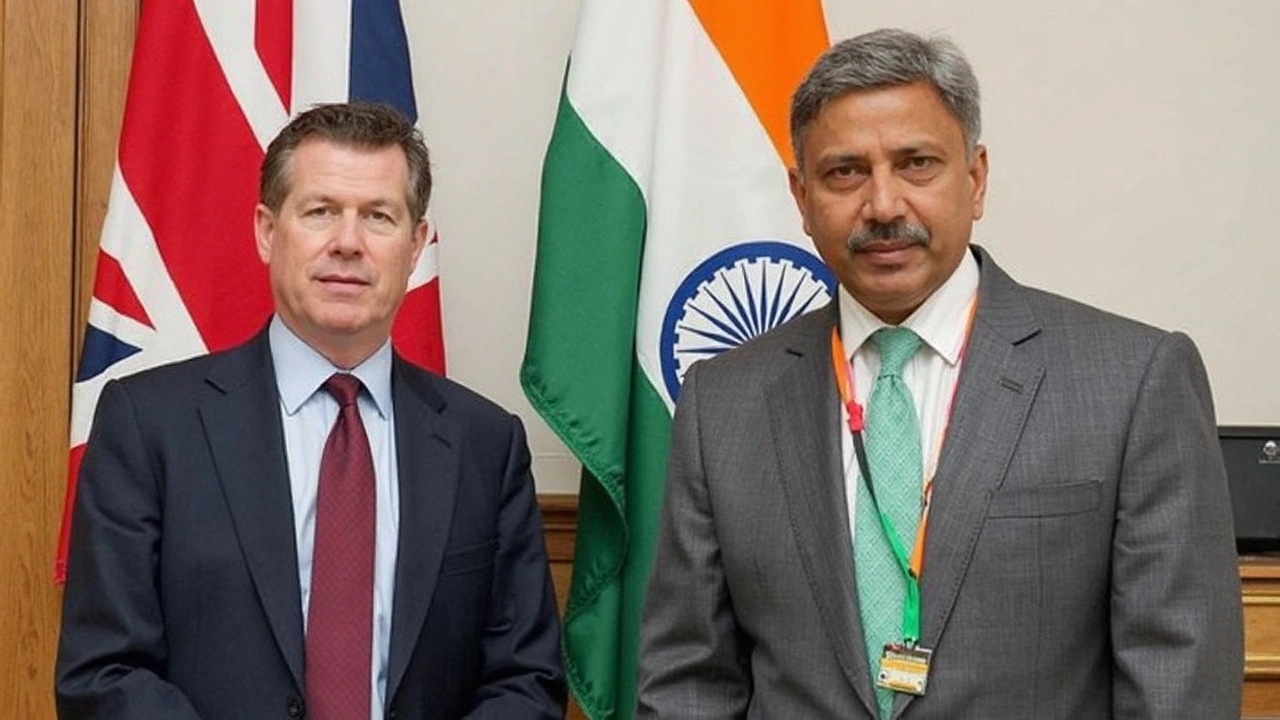Trade Agreements: What They Mean for Indian Startups
If you run a startup in India, you’ve probably heard buzz about new trade deals with the EU, US, or ASEAN. Those headlines can feel distant, but they actually affect how easily you can sell abroad, get foreign funding, or partner with overseas firms. In simple terms, a trade agreement is a rulebook that lowers barriers like tariffs and simplifies customs. For a lean startup, that can translate into cheaper inputs, faster shipping, and a bigger customer base.
Why Trade Agreements Matter for Startups
First, they cut costs. When a tariff drops from 20% to zero, the price you pay for imported components falls, and you can either improve margins or pass savings to customers. Second, they open doors to new markets. A free‑trade pact often comes with mutual recognition of standards, so your product doesn’t have to redo testing for each country. Third, investors love it. Venture capitalists see lower risk when a startup can access multiple markets without regulatory headaches, so they’re more likely to fund you.
Take the recent India‑EU trade talks as an example. If your software startup complies with EU data‑privacy rules, the agreement can smooth out legal approvals, letting you sign contracts faster. For hardware firms, reduced duties on electronic parts mean you can prototype cheaper and scale quicker. Even service‑based startups benefit because professional services like consulting and fintech get clearer guidelines for cross‑border work.
Practical Steps to Leverage New Trade Deals
1. Map your supply chain. List every imported component or service and check if the new agreement reduces its tariff. Update your cost model accordingly.
2. Check eligibility. Some deals have rules of origin – you must add a certain percentage of local content to qualify for duty‑free status. Adjust your sourcing plan to meet those thresholds.
3. Update your legal docs. Keep contracts, terms of service, and privacy policies aligned with the partner country’s standards. A quick legal review can avoid costly delays.
4. Talk to your investors. Let them know you’re ready to expand under the new trade terms. Highlight the cost savings and market reach – it strengthens your pitch.
5. Use government resources. Indian ministries often run webinars or provide guidelines on how businesses can benefit from fresh agreements. Join those sessions; they’re free and packed with concrete steps.
By treating a trade agreement as a checklist rather than a news item, you turn a policy change into a growth hack. Keep an eye on upcoming deals, map your products against them, and act fast – the first movers usually capture the biggest share of the new market.
In short, trade agreements are more than diplomatic talk. They’re tools that can lower your costs, widen your market, and make investors smile. Stay informed, adjust your strategy, and let those global deals fuel your startup’s next big leap.
India-UK FTA Talks Set to Resume: Leaders Aim for $120 Billion Trade Target
India and the UK are restarting FTA negotiations in February 2025, with top ministers meeting in Delhi to push a trade pact. Their goal: double trade to $120 billion by 2030, cut tariffs, boost key sectors, and ease rules for Indian workers in Britain.
